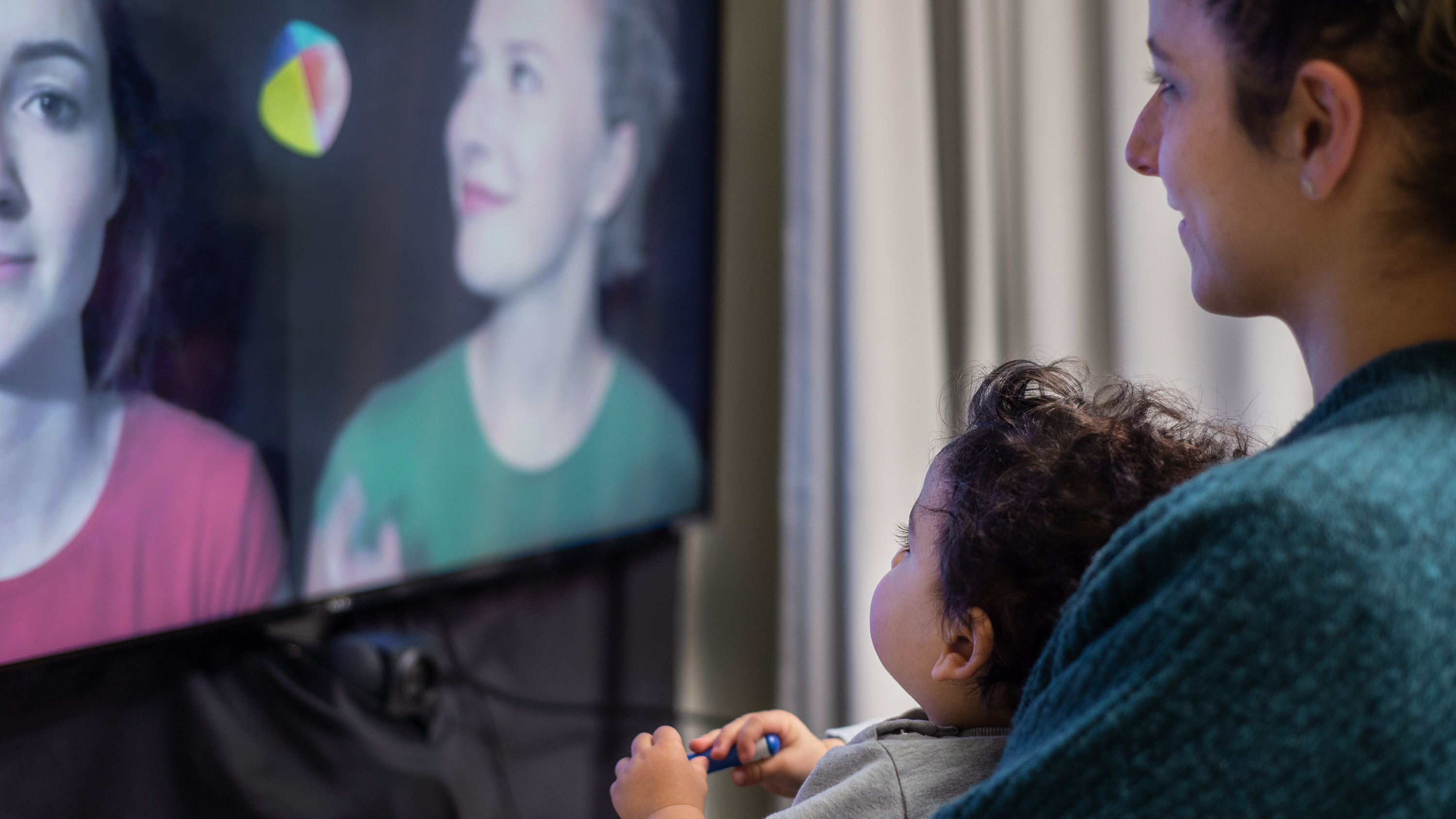
Little mindreaders: do babies know what other people are thinking?
Human babies learn about the world through their interaction with others. From birth, newborns have a special interest in the social world, and will prefer to look at faces rather than other objects in their environment. Soon after, they will start to follow the direction in which other people look. Within their first year of life, they start to understand that other people have minds, and how they behave depends on what they are thinking. At the same time, young children’s understanding of these social aspects of behavior is incomplete. For example, they often hide by holding their hands in front of their eyes, appearing not to understand how other people see them.
The current presentation will give an insight into our work on how young children begin to understand that other people have a unique perspective on the world, and that this can differ from the baby’s own.
Kort og godt
Kan bookes i
Teknisk udstyr
ProjectorEmne
Målgruppe
Varighed
40 minutterForsker
Dora KampisAnsættelsessted
University of CopenhagenTitel
Postdoctoral researcherKan bookes
| tirsdag 22/4 | ||
| formiddag | eftermiddag | aften |
|
Fysisk
|
Fysisk
|
|
| onsdag 23/4 | ||
| formiddag | eftermiddag | aften |
|
Fysisk
|
Fysisk
|
Fysisk
|
| torsdag 24/4 | ||
| formiddag | eftermiddag | aften |
|
Fysisk
|
Fysisk
|
Fysisk
|
| fredag 25/4 | ||
| formiddag | eftermiddag | aften |
|
Fysisk
|
||